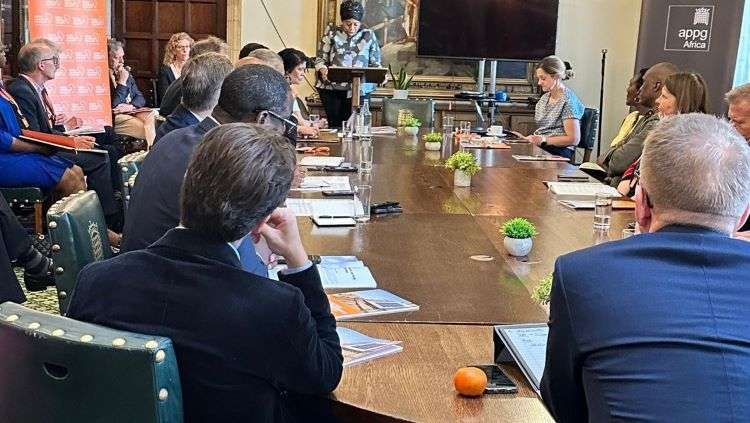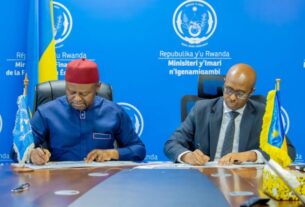The UK is being called upon to play a leading role in supporting Africa’s transition to clean, reliable, and inclusive energy, according to a new report from the UK Parliament’s All-Party Parliamentary Group for Africa (APPG).
The report highlights the urgency of tackling both climate change and energy poverty across the continent, framing the issue as a matter of climate justice and sustainable development.
Developed in partnership with the Royal African Society, the report follows an 18-month inquiry involving wide-ranging consultations with energy experts, African policymakers, civil society, and international stakeholders.
It makes a strong case for why wealthy nations such as the UK must step up their commitment to help Africa build a climate-smart energy future.
Africa is the least responsible for global greenhouse gas emissions, yet it suffers the most from climate change impacts. More than 600 million people across the continent still lack access to electricity or rely on unreliable energy sources.
For many communities, this energy poverty undermines essential services such as healthcare, education, and economic development. The APPG report stresses that clean energy solutions must not only reduce carbon emissions but also increase energy access to unlock inclusive growth.
Without reliable electricity, African countries cannot achieve the development needed to adapt to climate change or lift millions out of poverty. Lord Jonny Oates, who helped lead the inquiry, emphasized the responsibility of the UK and its global partners.
“To achieve a just energy transition in Africa that reduces energy poverty and accelerates development in a climate-friendly way will require the UK, other high-income countries and multilateral institutions to step up, in partnership with African countries,” he said.
The report outlines a range of clean energy technologies suited to Africa’s needs, including solar mini-grids, stand-alone solar systems, wind power, hydroelectric energy, geothermal sources, and transitional gas.
It also highlights the importance of clean cooking technologies that improve health outcomes and reduce household energy burdens, especially for women and children as well as calling on the UK to fulfil its existing climate finance commitments and to help African governments attract international investment.
This includes promoting blended finance, grants, concessional loans, and better access to carbon markets. The report also underscores the need for regulatory frameworks that foster private sector participation and long-term stability in energy markets.
A key recommendation is to support African innovation and industrialization. UK-backed institutions such as British International Investment (BII) and the Private Infrastructure Development Group (PIDG) are seen as critical partners in strengthening Africa’s renewable energy manufacturing capacity.
By investing in local industries, the UK can help Africa become not just a consumer but a producer in the global clean energy economy.
The report will be submitted to the UK government and circulated widely in both Africa and the UK. Its recommendations aim to influence policy discussions in the lead-up to major climate and development summits.
Founded in 2003, the APPG for Africa brings together over 200 UK parliamentarians committed to strengthening UK-Africa relations through constructive engagement on key policy issues.
The Royal African Society, established in 1901, continues to play a leading role in amplifying African perspectives in the UK across politics, academia, business, and culture.
At its heart, the report presents Africa’s clean energy transition as a historic opportunity for partnership, justice, and shared progress. With its financial resources, global influence, and longstanding ties to the continent, the UK has a pivotal role to play in helping Africa lead a sustainable energy revolution.







